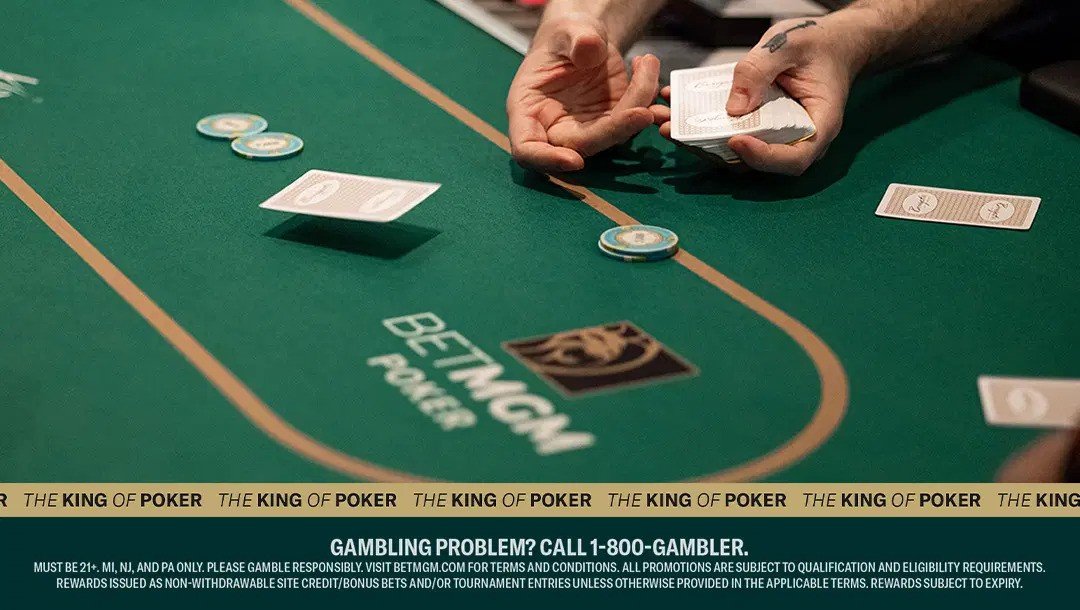
The Most Common Mistake Beginner Poker Players Make
Over the years, I’ve met plenty of new poker players—some run businesses, hold full-time jobs, or are aspiring pros who’ve recently discovered the game.
Whether they’re struggling to make it as a professional or simply playing for fun, one key mistake keeps holding them back. Below, I’ll dive into the biggest challenge beginner players face and how to overcome it.
Separating Play from Results
One of the toughest lessons in poker is learning to separate the results from the process. You can analyse a hand perfectly, make the right move, and still end up with nothing.
Experienced players often emphasise the importance of not being “results-oriented.” Sometimes, no matter how well you play, the cards just won’t go your way. Accepting this can be tough for beginners. But the ability to review your play and recognize whether you lost due to bad luck or a mistake is one of the most powerful skills for improving your game.
Losing Hands Is Part of Poker
It’s natural to think you’ve made a mistake when you lose a big hand. Whether it’s busting out deep in a tournament or getting called on a bluff, these moments can be tough to shake.
In life, we’re often conditioned to take actions that lead to “winning.” So it’s only human to think that if you had played differently, you might have avoided losing. But poker’s mix of luck and skill makes it hard to escape this kind of thinking.
Focus on the Bigger Picture
In poker, the element of luck and card distribution can trap beginners in a loop of overanalyzing the wrong things. Often, new players will obsess over a big hand they lost while overlooking the mistakes they made in the hands they won.
To truly improve, you need to focus on the overall process, not just individual results. Instead of agonising over whether you should’ve folded pocket kings (because your opponent had aces), look at the other aspects of your game. If you keep falling into this mindset, ask yourself: “Would I even be thinking about this hand if I had won?”
For example, if your opponent had pocket queens instead of aces, and you doubled up, would you still be questioning your decision? Learning to assess the broader strategy rather than just the outcome is crucial for beginners looking to improve.
Experience Is the Best Teacher
The more hands you play, the more showdowns you see, the better you’ll understand which hands are “supposed” to get the money in. The more you play, the more patterns you’ll recognize.
Top poker pros are comfortable with the idea of a “good” bluff that fails or a “bad” call that somehow wins the pot. For casual players, it’s harder to shake those results-oriented thoughts. But if you can grasp that a bad outcome doesn’t always mean a bad decision, you’ll open the door to serious improvement.Play legal online poker at BetMGM Poker, where new players can take advantage of a generous welcome bonus.





